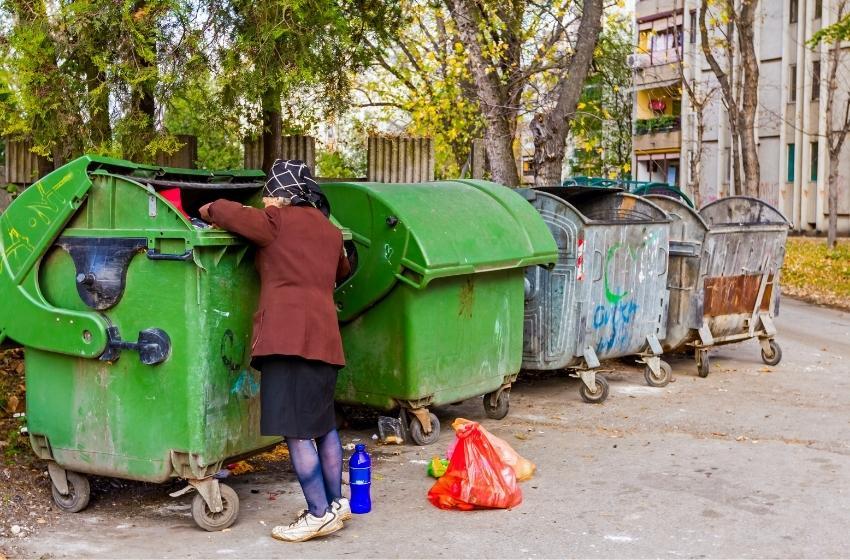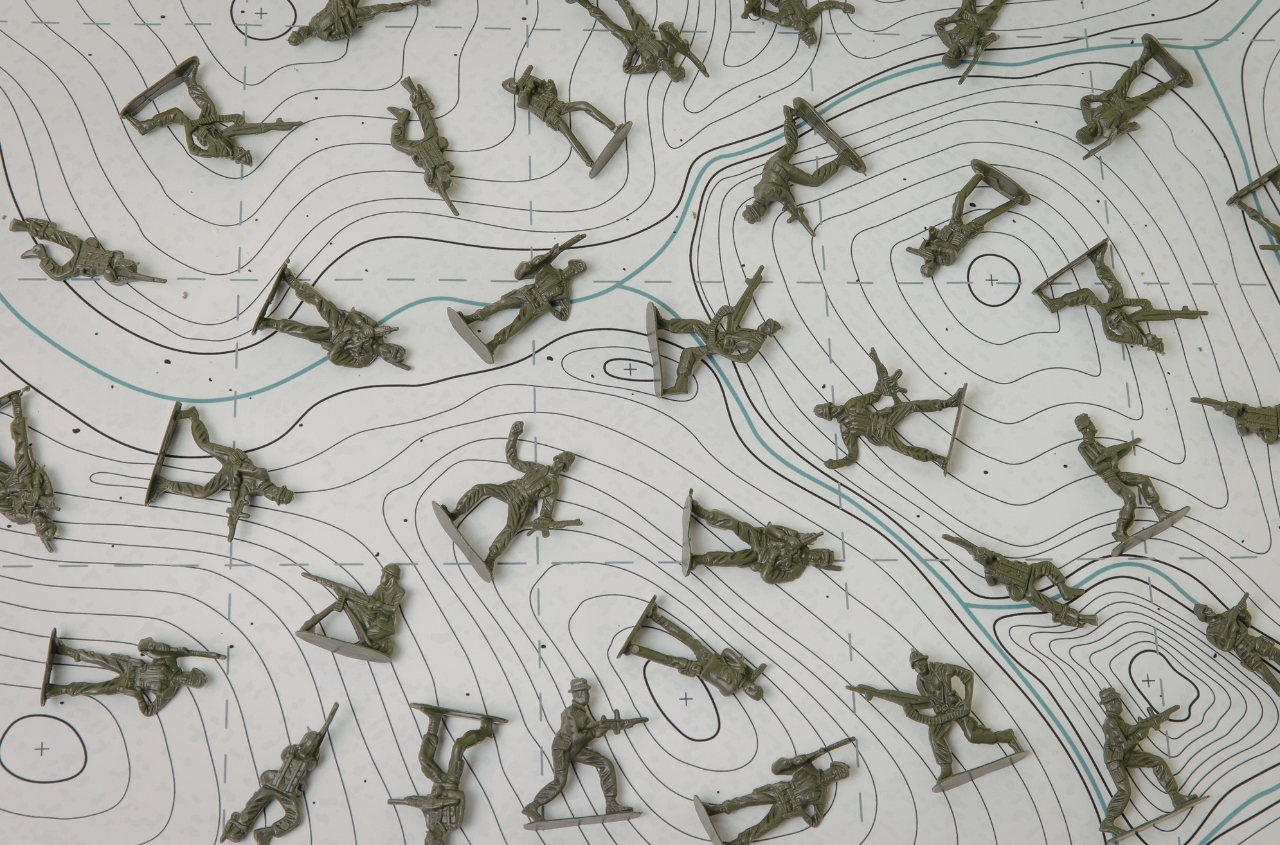The number of people living below the poverty line in Russia will increase by more than 8.3 million in 2022 due to the war in Ukraine. Nearly 2.9 million of them are children. Such assessments were presented by the United Nations Children's Fund (UNICEF) in a report on the consequences of the war for 22 countries in Eastern Europe and Central Asia.
According to UNICEF forecast, the number of poor people in these countries will grow by more than 10 million people. Four million of them are children.
According to the Foundation, the number of people living below the poverty line in Ukraine will increase by 472,000 people. The report notes that this estimate assumes that Ukraine's GDP in 2022 will decline by 10%. In the second quarter, compared to the same period in 2021, it decreased by 37%.
UNICEF also predicts an increase in child mortality and a decrease in education availability in Eastern Europe and Central Asia countries.
- According to Federal State Statistics Service data for the second quarter of 2022, 17.6 million Russians live below the poverty line. The income of 12.1% of the country's population is less than 13,813 rubles.
- In Ukraine, according to the World Bank Regional Director for Eastern Europe Arup Banerjee, by the end of 2022, about a quarter of the population will be below the poverty line.
- The International Monetary Fund predicts a fall in Russia's GDP in 2022 by 3.4%, and in 2023 by 2.3%. The World Bank estimates the decline of the Russian economy at 4.5% in 2022 and 3.6% in 2023. According to the Ministry of Economic Development, the recession in the economy will be 2.9% in 2022 and 0.8% in 2023.
- The Russian government has classified a quarter of budget spending for 2023. It is assumed that more than six and a half trillion rubles will be used to finance the war and maintain the annexed territories.





















